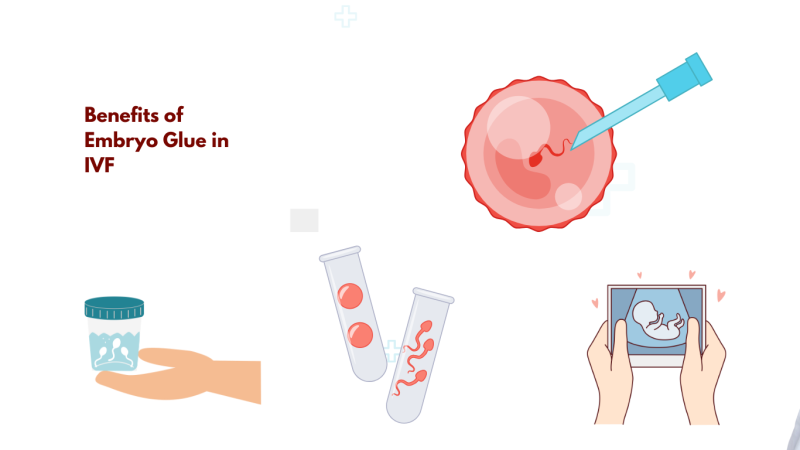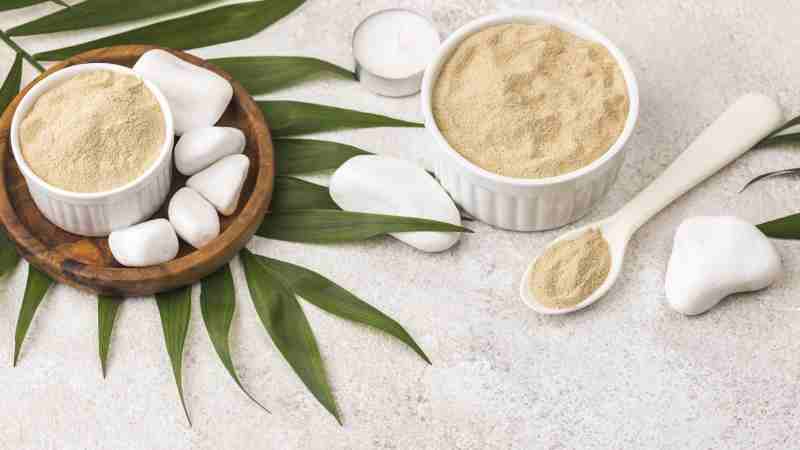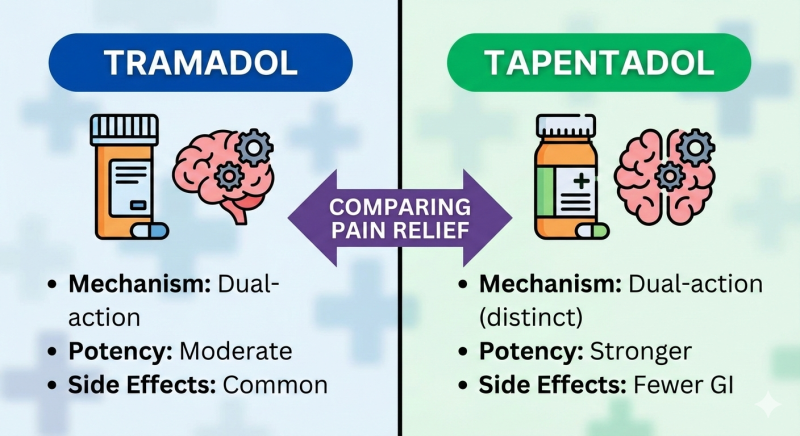Health
Benefits of Embryo Glue in IVF

Introduction
In-vitro fertilization (IVF) is a journey filled with both hope and challenges. Couples who embark on this path often look for ways to maximize their chances of success. One such advancement is Embryo Glue, a special solution designed to support embryo implantation. But what exactly is embryo glue, and why is it becoming an important tool in fertility treatments?
Think of embryo transfer like planting a seed in soil. Just as farmers use nutrients to help seeds grow, embryo glue helps create the right environment for the embryo to “stick” and grow in the uterus. In this article, we’ll dive into the benefits of embryo glue in IVF, explained in simple terms, so you can understand how it works and why many patients and IVF doctors recommend it.
Learn how embryo glue improves IVF success with guidance from the best ivf specialist in delhi and experienced ivf doctor.
1. What is Embryo Glue?
Embryo glue is not an actual “glue” but a special culture medium enriched with substances that help embryos attach to the uterus. It is used during the final step of IVF—embryo transfer. Instead of placing the embryo in a standard solution, doctors use embryo glue to give it a better chance of implantation.
2. Why is Implantation so Crucial in IVF?
No matter how healthy an embryo is, if it doesn’t implant in the uterine lining, pregnancy cannot occur. Many IVF failures happen at this stage. Implantation is like the moment when a seed connects with soil—without that connection, growth is impossible.
3. How Does Embryo Glue Work?
Embryo glue creates an environment that mimics the natural uterine fluid, making it easier for the embryo to attach. It contains hyaluronan, a natural substance found in the body that helps cells stick together. Think of it as giving the embryo a gentle “handshake” with the uterus.
4. Key Components of Embryo Glue
- Hyaluronan (HA): Enhances cell-to-cell interaction.
- Albumin: Provides nourishment.
- Other Nutrients: Support embryo development and stability during transfer.
Together, these create a more natural and supportive environment for implantation.
5. Benefits of Using Embryo Glue in IVF
- Improved Implantation Rates: Helps embryos attach securely.
- Reduces IVF Failures: Minimizes risk of unsuccessful transfers.
- Supports High-Risk Patients: Beneficial for those with multiple failed IVF cycles.
- Safe and Natural: Made with body-friendly components.
- Peace of Mind: Gives patients more confidence during treatment.
6. Success Rates: What Research Says
Studies have shown that using embryo glue can increase implantation and pregnancy rates by up to 10–15% in some cases. While not a guarantee, it offers an additional edge for couples struggling with repeated failures.
7. Who Should Consider Embryo Glue?
Embryo glue is particularly recommended for:
- Women with multiple IVF failures.
- Patients with thin endometrial lining.
- Older women facing age-related fertility challenges.
- Couples seeking any possible improvement in outcomes.
8. Is Embryo Glue Safe?
Yes. Embryo glue is made of natural substances already present in the human body. It does not pose risks to the embryo, mother, or future baby. Top IVF doctors worldwide consider it a safe option.
9. The Process: How IVF Doctors Use Embryo Glue
The process is simple:
- The embryo is placed in embryo glue before transfer.
- The solution coats and supports the embryo.
- The doctor transfers it into the uterus using a thin catheter.
It’s just like giving the embryo a nutrient-rich “welcome mat” inside the womb.
10. Common Myths About Embryo Glue
- Myth: It’s an actual adhesive.
- Truth: It’s a nutrient-rich medium, not glue.
- Myth: It guarantees pregnancy.
- Truth: It improves chances but does not ensure success.
- Myth: It’s unsafe.
- Truth: It is completely safe and widely used.
11. Embryo Glue vs. Traditional Transfer Methods
Traditional transfer uses a basic culture medium, while embryo glue offers extra support with hyaluronan and nutrients. This small difference can make a big impact, especially for patients with repeated failures.
12. Cost Factor: Is It Worth the Investment?
Embryo glue is usually an add-on cost in IVF treatment. While it increases the overall expense, many couples find it worthwhile given the potential improvement in success rates. After all, each IVF cycle is emotionally and financially demanding, so boosting the odds can be a smart choice.
13. Choosing the Best IVF Specialist in Delhi
The success of IVF doesn’t rely only on technology but also on the expertise of the doctor. When looking for the best IVF specialist in Delhi, consider:
- Experience in advanced techniques like embryo glue.
- Success rates of the clinic.
- Patient reviews and testimonials.
- Comfort and trust with your chosen IVF doctor.
14. Patient Experiences and Testimonials
Many patients who used embryo glue reported feeling more hopeful and supported. Some couples shared that after several failed cycles, embryo glue made the difference in achieving pregnancy. While experiences vary, the positive feedback has made this method increasingly popular.
15. Final Thoughts on Embryo Glue in IVF
Embryo glue is like giving your embryo the best possible start. It does not guarantee success, but it increases the chances of implantation—especially for couples who have faced heartbreak with repeated IVF attempts. With guidance from an experienced IVF doctor or the best IVF specialist in Delhi, embryo glue can be a valuable part of the journey toward parenthood.
FAQs
1. Does embryo glue guarantee pregnancy in IVF?
No, embryo glue does not guarantee pregnancy. It simply increases the chances of successful implantation.
2. Is embryo glue suitable for first-time IVF patients?
Yes, it can be used for first-time patients, but it is especially helpful for those with previous IVF failures.
3. Are there any side effects of embryo glue?
No known harmful side effects exist. It is safe for both the mother and embryo.
4. How much does embryo glue add to the cost of IVF?
The cost varies depending on the clinic but is generally an additional expense over standard IVF charges.
5. Should I discuss embryo glue with my IVF doctor?
Absolutely. Your IVF doctor can evaluate your specific case and recommend whether embryo glue would be beneficial for you.
Source:
Click for the: Full Story
You might like













 Close Menu
Close Menu